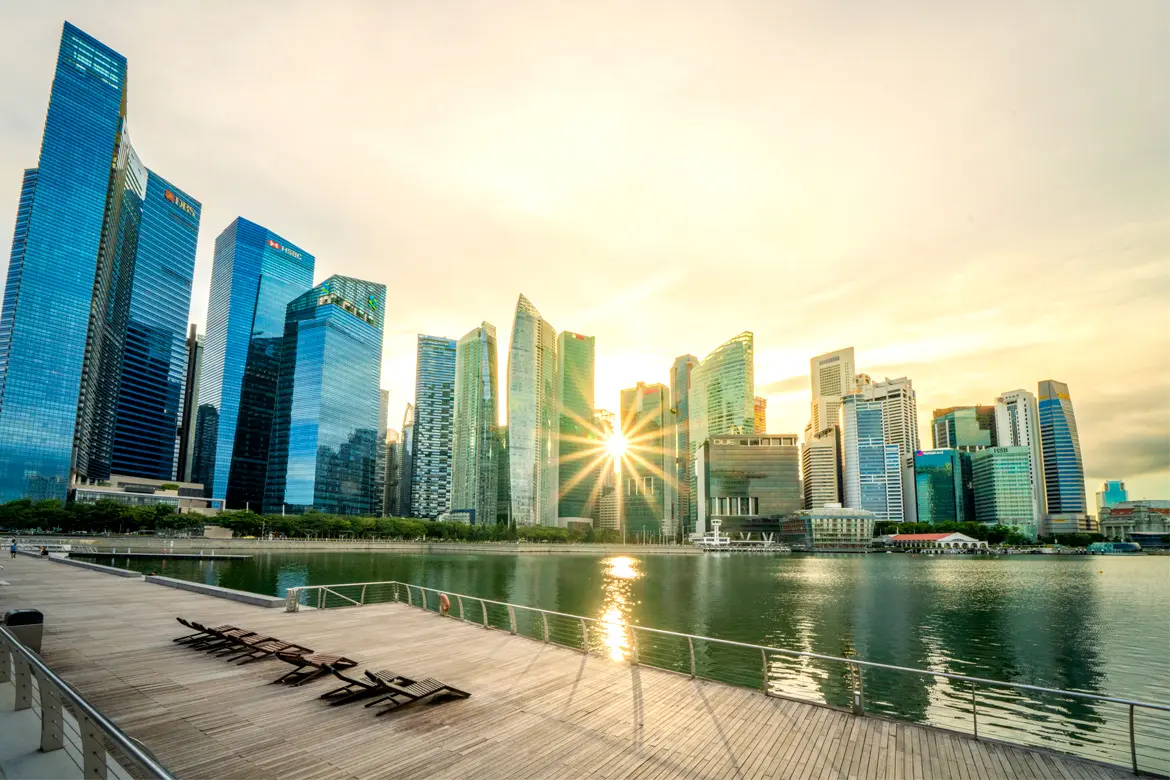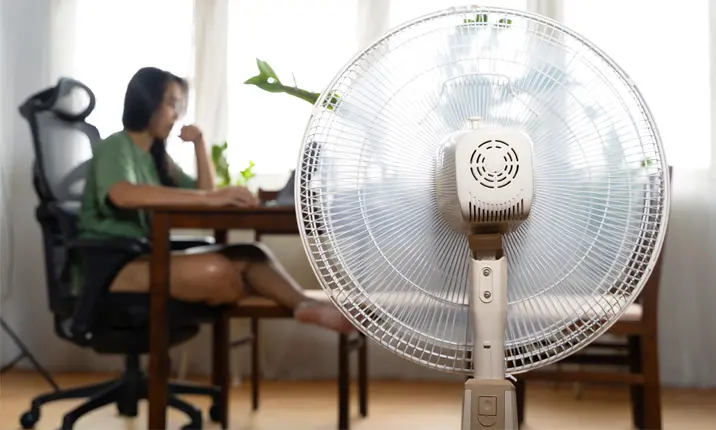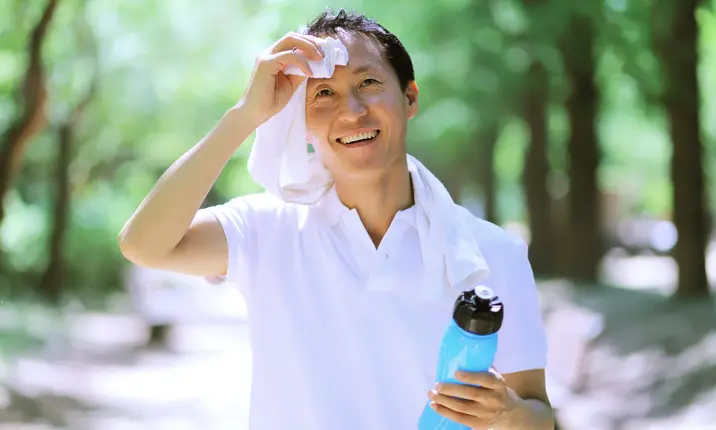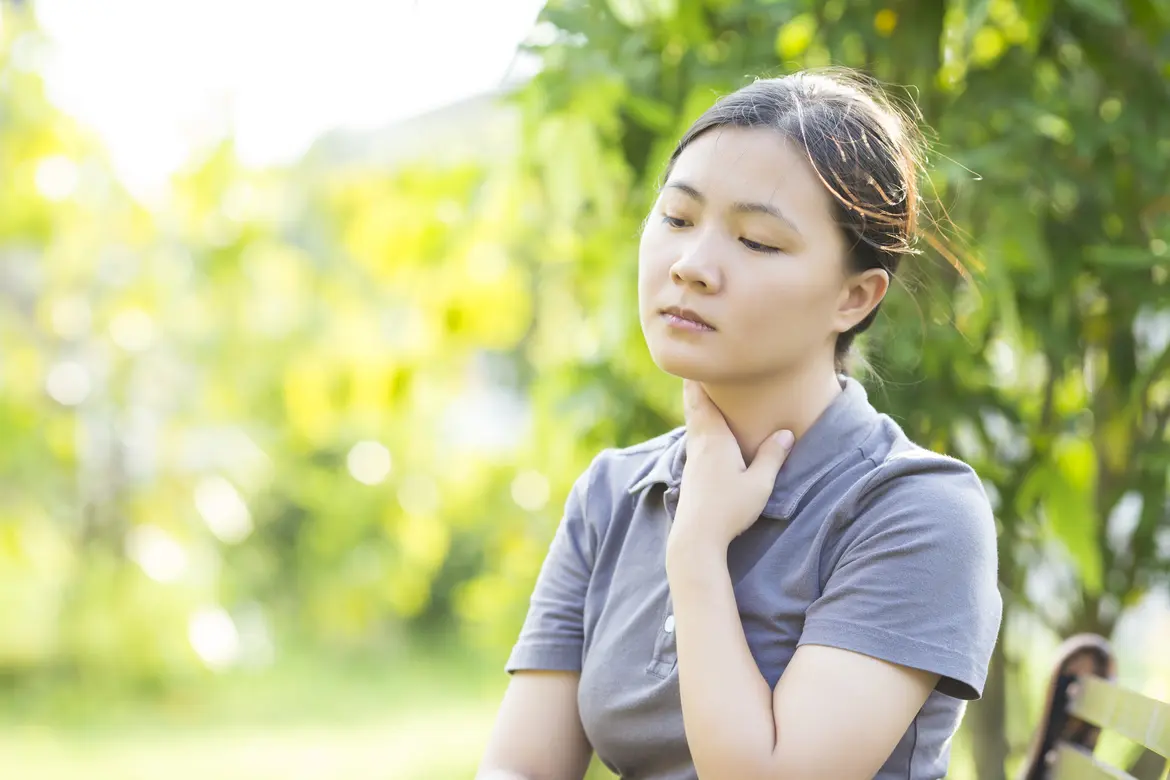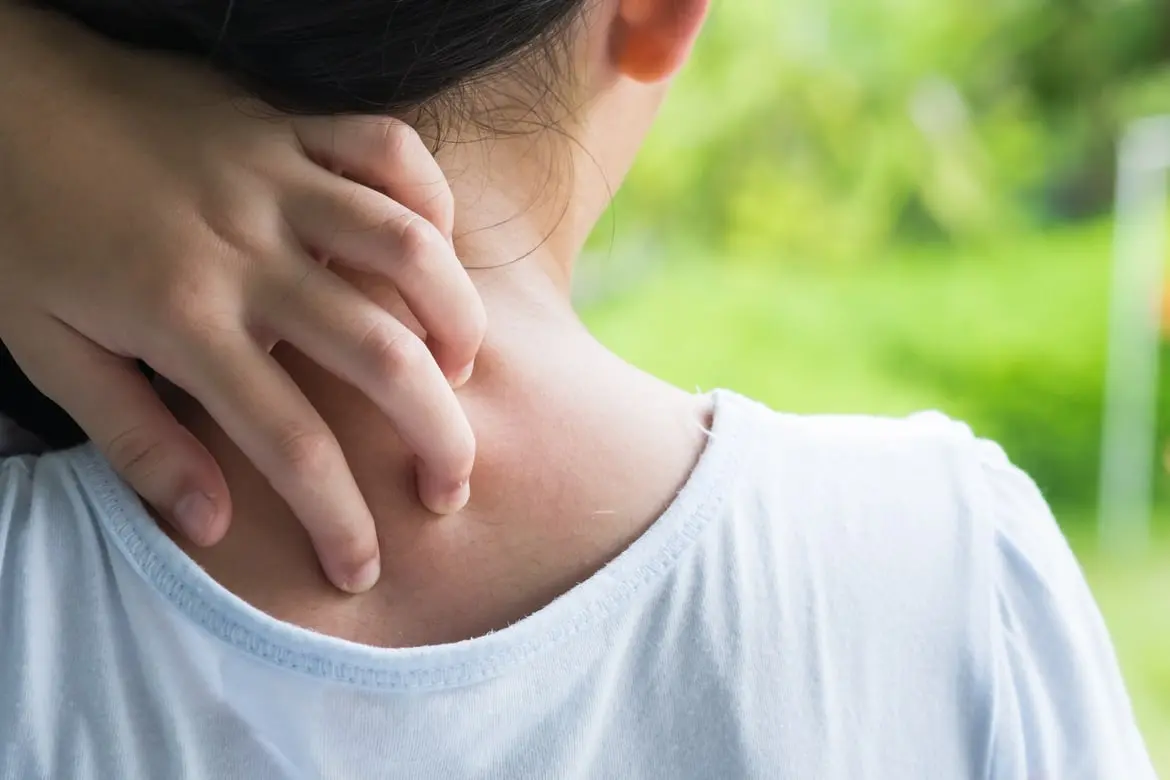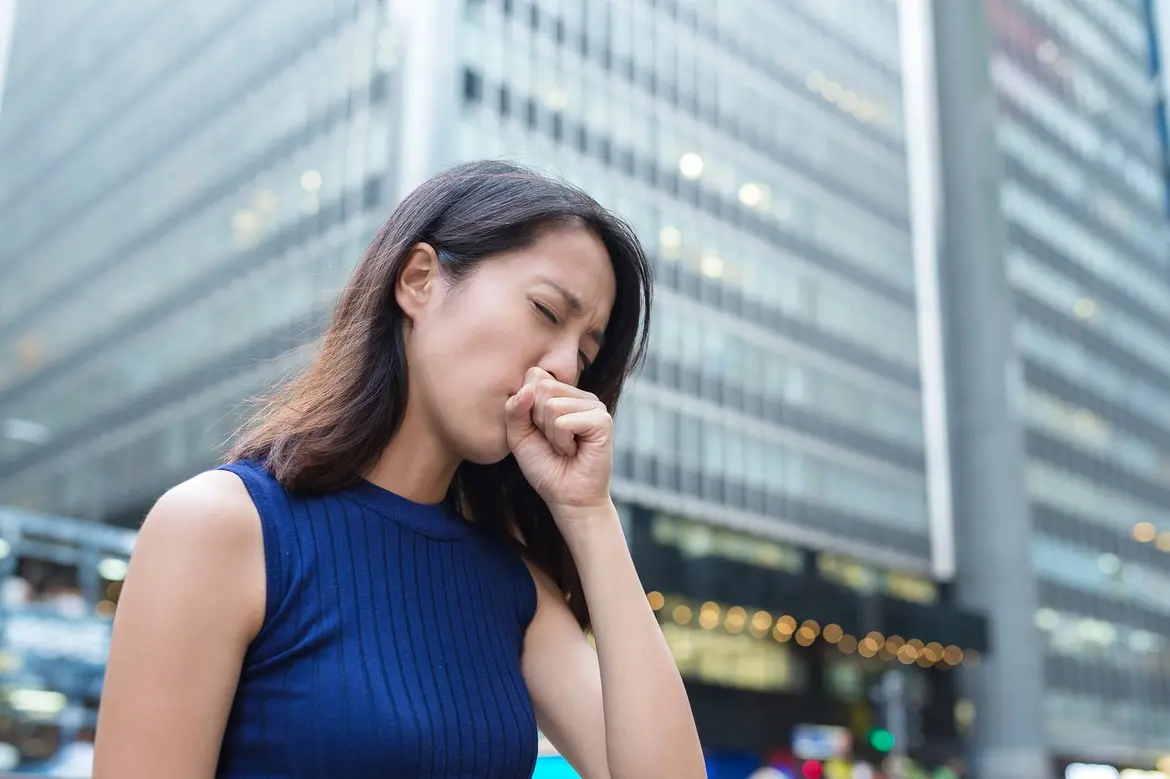Singapore’s tropical climate brings with it warm temperatures year-round, but during periods of extreme heat, staying safe becomes crucial. High temperatures and intense humidity can pose significant health risks, especially for vulnerable groups such as the elderly, children, and those with preexisting health conditions or those taking certain medications that may affect the body’s ability to dissipate heat.
Here’s how to stay safe and manage the heat effectively when temperatures soar in Singapore.
1. Stay hydrated
Drink plenty of water: The most important rule in extreme heat is to stay hydrated. Drink water regularly throughout the day, even if you’re not feeling thirsty. Avoid caffeinated or alcoholic beverages as they can contribute to dehydration.
Carry a water bottle: Keep a water bottle with you when you’re out and about. Consider adding a splash of lemon or cucumber to your water for a refreshing twist that can also help replenish electrolytes.
2. Dress appropriately
Wear lightweight, light-coloured clothing: Opt for breathable fabrics like cotton and linen. Light-coloured clothing reflects heat better than dark colours and helps keep your body cool.
Use a hat and sunglasses: Protect your head and eyes from the sun by wearing a wide-brimmed hat and UV-protection sunglasses. This helps prevent heatstroke and reduces eye strain caused by glare.
3. Avoid peak heat hours
Limit outdoor activities: Try to stay indoors during the peak heat of the day, typically between 11 am and 3 pm. If you need to be outside, take frequent breaks in shaded or air-conditioned areas.
Plan activities wisely: Schedule exercise or outdoor activities for early mornings or late afternoons when temperatures are cooler.
4. Carry an umbrella or handheld fan
Utilise portable shade and cooling devices: When outdoors, using a portable umbrella or a handheld fan can provide immediate relief from the heat. A UV-protection umbrella offers shade and shields you from harmful sun rays, while a handheld fan helps to circulate air and cool you down.
Keep these items accessible: Carry a compact umbrella or handheld fan in your bag so that you can easily use them whenever you need to escape the heat or seek shade.
5. Use air conditioning and fans
Stay indoors in air-conditioned environments: If possible, spend time in air-conditioned places such as malls, libraries, or public transport to escape the heat.
Use fans strategically: Fans can help circulate air and provide some relief, but they are less effective than air conditioning. Place fans near open windows to create cross-ventilation.
6. Keep your living space cool
Close blinds and curtains: During the hottest parts of the day, keep blinds or curtains closed to block out direct sunlight and reduce indoor temperatures.
Ventilate your home at night: Open windows in the evening when the temperature drops to let cooler air in. Use a fan to help with air circulation.
7. Watch for heat-related illnesses
Recognize the symptoms of heat exhaustion: Symptoms can include heavy sweating, weakness, dizziness, nausea, and headache. Move to a cooler place, hydrate, and rest if you experience these symptoms.
Be aware of heat stroke signs: Heat stroke is more severe and can include symptoms like confusion, high body temperature, and rapid pulse. It’s a medical emergency, and immediate action should be taken by calling for help and cooling the person down.
8. Use cooling products
Cooling towels and vests: Consider using cooling towels or vests designed to help regulate your body temperature, especially during workouts. These products can offer relief when the heat becomes overwhelming.
Cool baths and showers: Taking a cool bath or shower can help lower your body temperature and provide relief from the heat. Another effective method is spraying the body with a mist of water and allowing it to evaporate under airflow.
9. Maintain a balanced diet
Eat light, hydrating foods: Include fruits and vegetables with high water content in your diet, such as watermelon, cucumber, and oranges. Chilled options can further help to reduce body temperature.
Avoid heavy, hot meals: Opt for lighter, cooler meals that won't add extra heat to your body. Ideal choices include salads, smoothie bowls and chilled soups.
10. Stay informed
Monitor weather reports: Stay updated on weather forecasts and heat advisories. Pay attention to warnings and adjust your activities accordingly.
Follow local advice: Be aware of any specific recommendations or resources provided by local authorities regarding extreme heat conditions.
By following these tips, you can effectively manage extreme heat conditions and protect yourself and your loved ones from heat-related illnesses. Staying informed, prepared, and proactive is key to navigating the heat safely in Singapore’s sweltering climate.
If you suspect you may be experiencing symptoms of a heat-related illness, it is crucial to seek medical attention immediately. Heat-related illnesses can lead to serious health complications if not addressed promptly. Common symptoms include confusion, high body temperature, rapid heartbeat, nausea, and even loss of consciousness. Other warning signs may include dry, hot skin with no sweating despite the heat, and difficulty breathing. Should you or someone around you exhibit any of these symptoms, visit the nearest Urgent Care Centre or call for emergency medical help.
